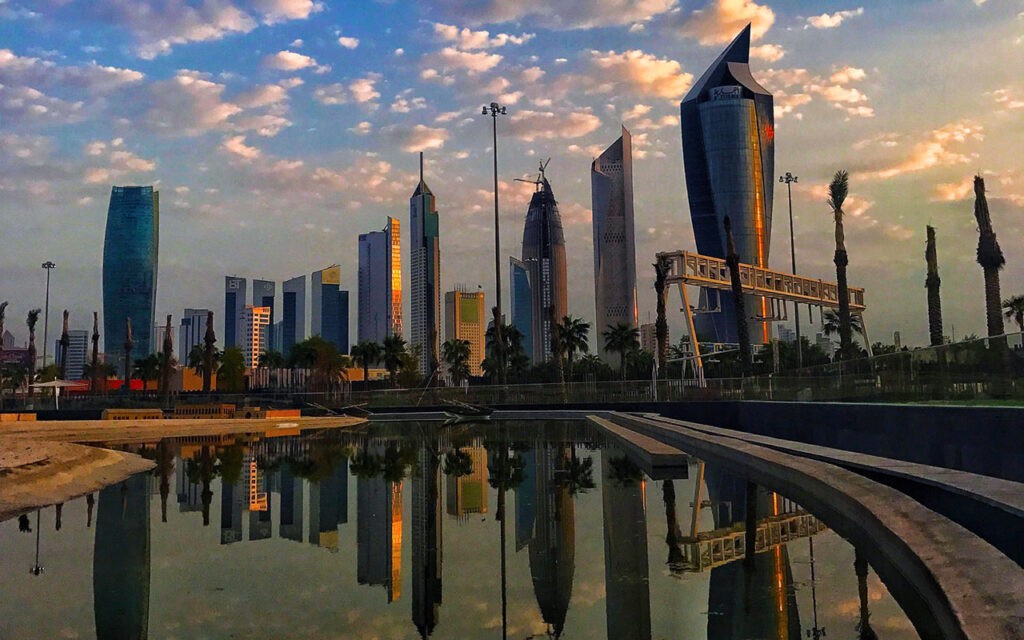30/12/2023
30/12/2023

KUWAIT CITY, Dec 30: According to information from MEED Projects, the energy generation and transmission sector in the Middle East and North Africa region secured contracts totaling approximately $25.3 billion between January and November 2023. Although this figure falls short of the 2015 record of $37.7 billion, it reflects a notable 38 percent increase compared to the contracts awarded in 2022.
In a departure from the trend of the past two years, Kuwait, the Emirates, and Oman emerged as major contributors to power generation contracts in 2023, following Saudi Arabia, which concluded 60 percent of such contracts in the same year. Analyzing the contracts from the last quarter of 2023, the magazine predicts sustained momentum in the region's energy sector throughout 2024.
The report reveals that preparations are underway for two significant power generation projects in Riyadh and Khafji, boasting a combined capacity of 3.6 gigawatts. Simultaneously, Kuwait and Qatar are progressing with the supply phase for independent water and electricity production projects that had faced delays in recent years.
While the magazine cites the likelihood of stable user fees for developers of generation and desalination projects in the coming months, it notes a preference, particularly among Gulf Cooperation Council countries, for products manufactured in European Union countries, despite opportunities for Chinese gas turbine manufacturers.
However, the expert interviewed suggests that the surge in gas turbine demand may be temporary, with a potential decline after 2024 due to considerations of the turbines' impact on carbon emissions obligations.
Data available to the magazine indicates that Iran, Algeria, Kuwait, the Emirates, and Qatar are anticipated to be major markets for projects in the bidding stage. Morocco, Egypt, Kuwait, and the Emirates are identified as promising markets, following Saudi Arabia, for projects in the study, design, and pre-qualification stages.
The magazine foresees Saudi Arabia continuing to dominate electricity sector projects in the region, driven by ambitions to cover half of its production capacity with renewable energy by 2030. Vision 2030 plans, including the NEOM, Red Sea, and Amala projects, along with a billion-dollar industrialization program, contribute to Saudi Arabia's sustained influence in the foreseeable future.


